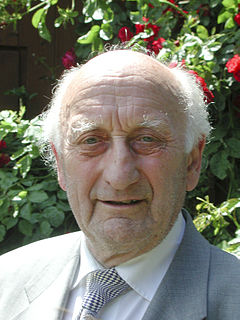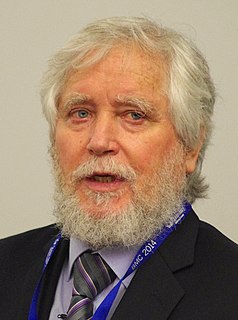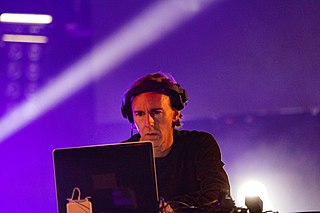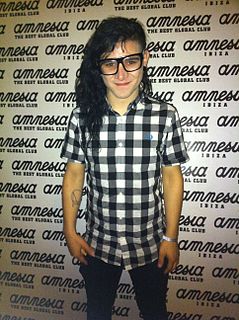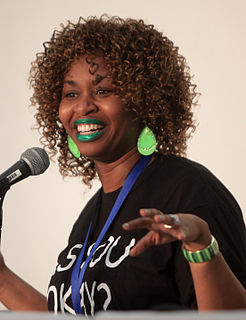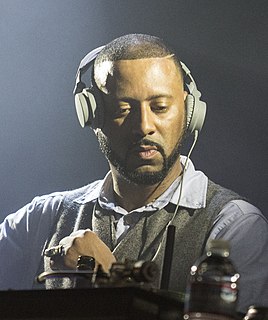Top 1200 Computer Quotes & Sayings
Explore popular Computer quotes.
Last updated on April 14, 2025.
The attribution of intelligence to machines, crowds of fragments, or other nerd deities obscures more than it illuminates. When people are told that a computer is intelligent, they become prone to changing themselves in order to make the computer appear to work better, instead of demanding that the computer be changed to become more useful.
What, then, is the basic difference between today's computer and an intelligent being? It is that the computer can be made to seebut not to perceive. What matters here is not that the computer is without consciousness but that thus far it is incapable of the spontaneous grasp of pattern--a capacity essential to perception and intelligence.
When I use a direct manipulation system whether for text editing, drawing pictures, or creating and playing games I do think of myself not as using a computer but as doing the particular task. The computer is, in effect, invisible. The point cannot be overstressed: make the computer system invisible.
Until I reached my late teens, there was not enough money for luxuries - a holiday, a car, or a computer. I learned how to program a computer, in fact, by reading a book. I used to write down programs in a notebook and a few years later when we were able to buy a computer, I typed in my programs to see if they worked. They did. I was lucky.
One can think of any given axiom system as being like a computer with a certain limited amount of memory or processing power. One could switch to a computer with even more storage, but no matter how large an amount of storage space the computer has, there will still exist some tasks that are beyond its ability.
My background, I really am a computer hacker. I've studied computer science, I work in computer security. I'm not an actively a hacker, I'm an executive but I understand the mindset of changing a system to get the outcome that you want. It turns out to make the coffee, the problem is actually how the beans get turn into green coffee. That's where most of the problems happen.
I've never been much of a computer guy at least in terms of playing with computers. Actually until I was about 11 I didn't use a computer for preparing for games at all. Now, obviously, the computer is an important tool for me preparing for my games. I analyze when I'm on the computer, either my games or my opponents. But mostly my own.
I was really looking at computers as a way to understand the mind. But at M.I.T., my mind was blown by having a whole computer to yourself as long as you liked.I felt a surge of intellectual power through access to this computer, and I started thinking about what this could mean for kids and the way they learn. That's when we developed the computer programming language for kids, Logo.
What is the central core of the subject [computer science]? What is it that distinguishes it from the separate subjects with which it is related? What is the linking thread which gathers these disparate branches into a single discipline. My answer to these questions is simple -it is the art of programming a computer. It is the art of designing efficient and elegant methods of getting a computer to solve problems, theoretical or practical, small or large, simple or complex. It is the art of translating this design into an effective and accurate computer program.
I've never been much of a computer guy at least in terms of playing with computers. Actually until I was about 11 I didn't use a computer for preparing for games at all. I was playing a bit online, was using the chess club mainly. Now, obviously, the computer is an important tool for me preparing for my games.
A computer is like a violin. You can imagine a novice trying ?rst a phonograph and then a violin. The latter, he says, sounds terrible. That is the argument we have heard from our humanists and most of our computer scientists. Computer programs are good, they say, for particular purposes, but they aren’t ?exible. Neither is a violin, or a typewriter, until you learn how to use it.
